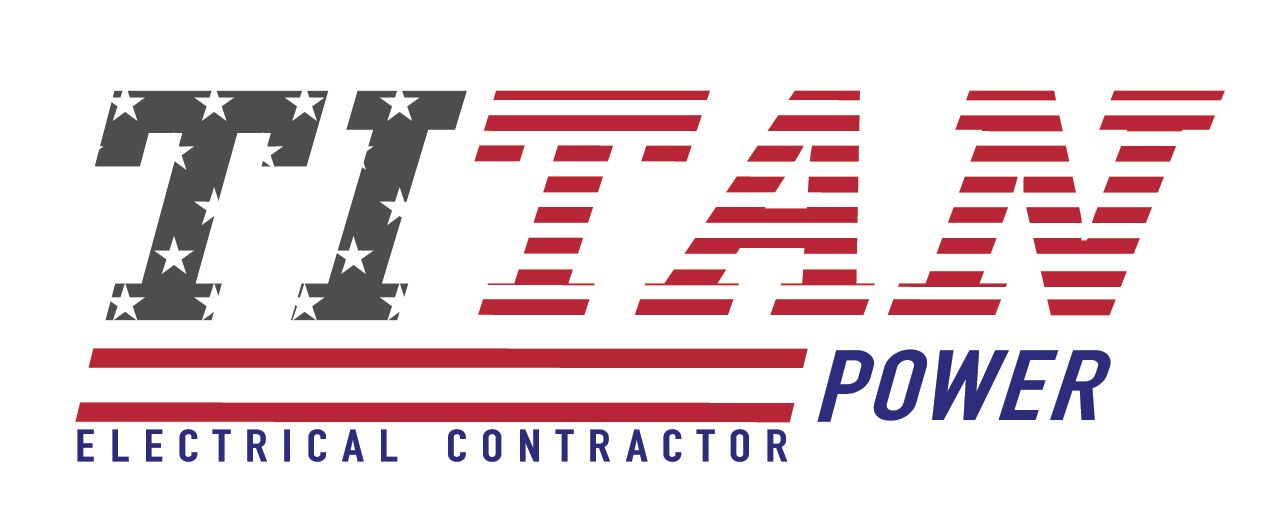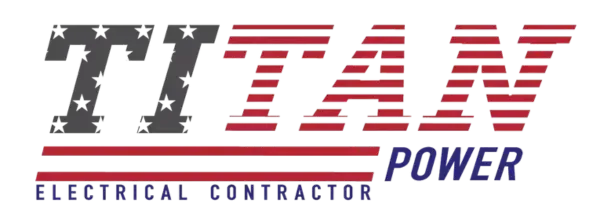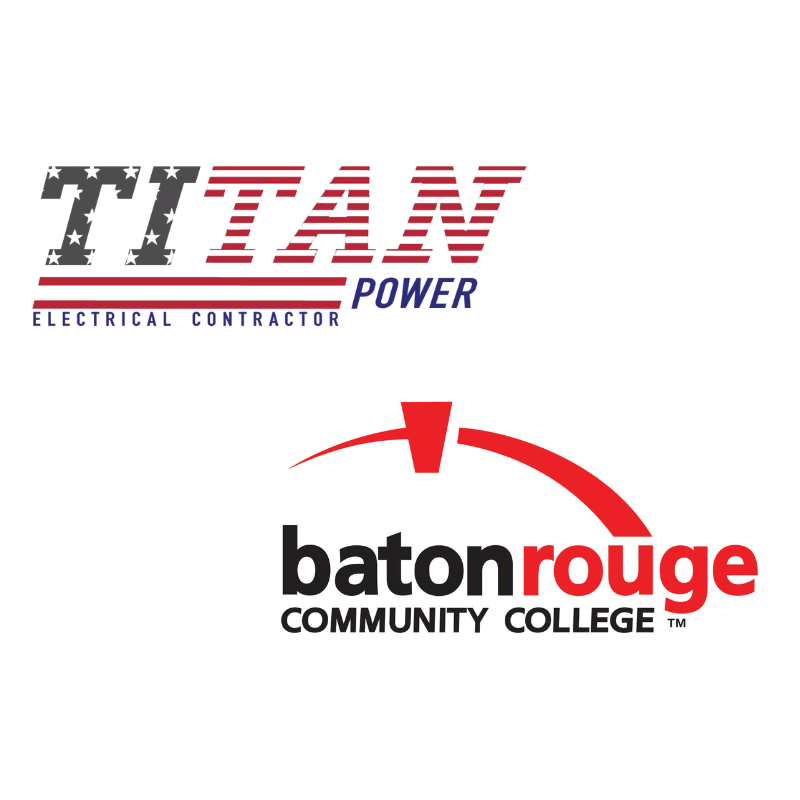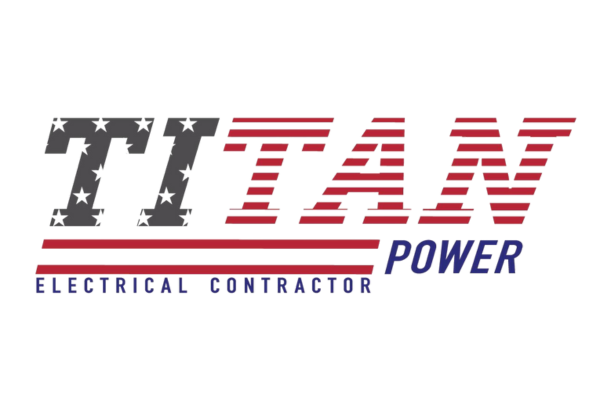Keeping the Lights On
The Importance of Commercial Generators and Their Upkeep
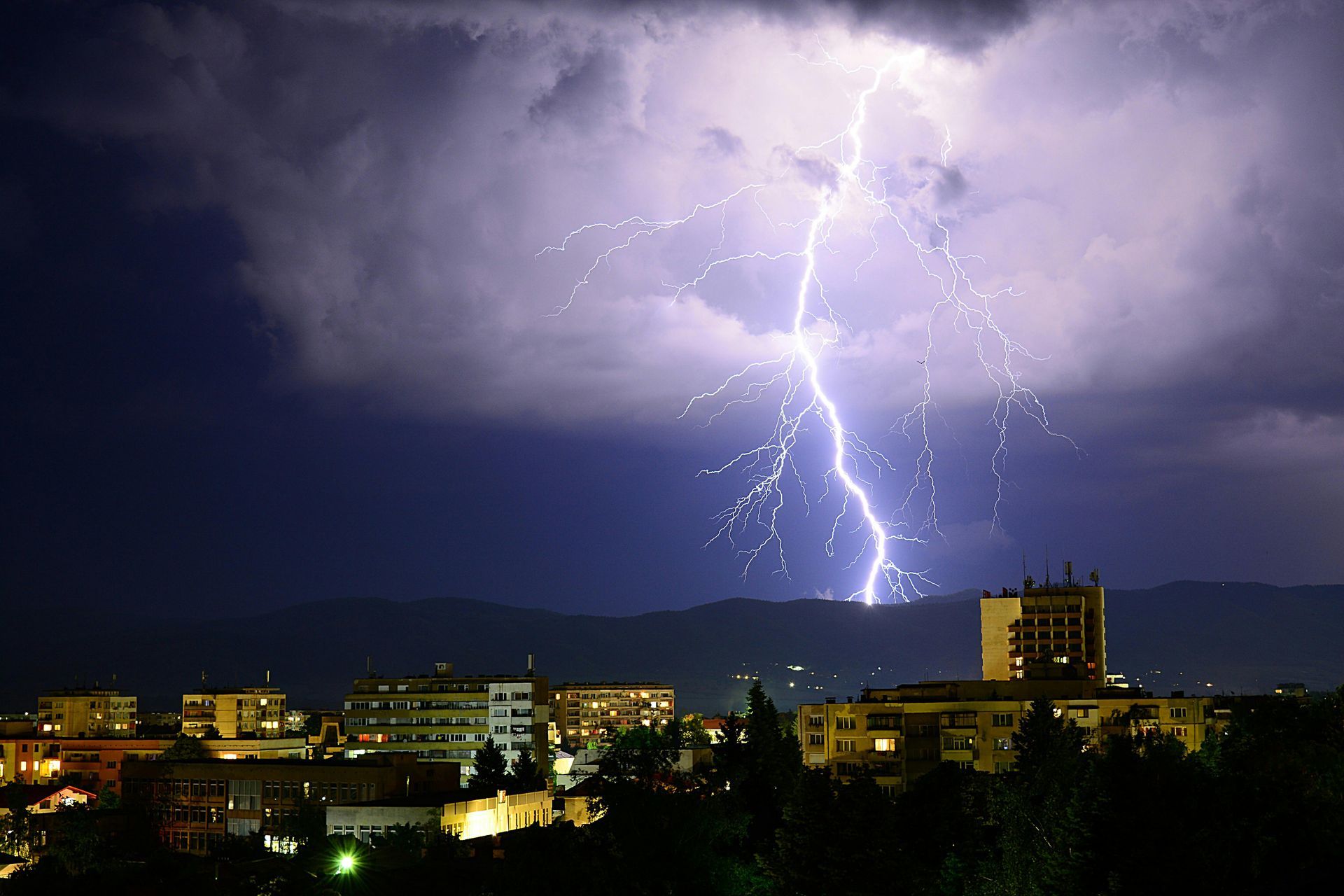
In the world of commercial operations, downtime isn’t just inconvenient—it’s expensive. As an electrical engineer, I’ve seen firsthand how critical a reliable backup power system is for keeping businesses running during power outages. Commercial generators serve as the silent protectors of productivity, safety, and continuity. But owning a generator isn’t enough. Its effectiveness lies in consistent maintenance and professional oversight.
Why Commercial Generators Matter
Power disruptions can result from a variety of sources—extreme weather, grid failures, equipment faults, or even planned outages. For hospitals, data centers, manufacturing plants, and retail chains, even a brief power loss can lead to safety risks, data loss, or revenue disruption. That’s where commercial generators step in. These systems are designed to automatically kick in when primary power fails, providing seamless energy continuity that keeps vital systems operational.
Beyond emergency response, generators also play a role in managing energy loads. In some facilities, they are used strategically during peak demand periods to offset grid strain or reduce utility costs.
The Engineering Reality: Maintenance is Non-Negotiable
While modern generators are built for durability, they are not "set-it-and-forget-it" machines. Like any mechanical and electrical system, they require scheduled inspections, testing, and servicing to ensure they’ll operate flawlessly when called upon.
From an engineering standpoint, here’s what routine upkeep should involve:
- Load Testing: Regularly simulating a real-world power load ensures the generator can handle its rated capacity and prevents issues caused by underuse.
- Battery Maintenance: Dead or weak batteries are among the most common causes of generator failure. Battery voltage, terminals, and fluid levels must be checked routinely.
- Fluid Checks: Fuel, oil, and coolant levels need to be monitored and changed based on the manufacturer’s schedule. Leaks can degrade system performance and lead to long-term damage.
- Control Panel Inspection: The brain of the generator must be regularly checked for software updates, alarm histories, and operational readiness.
- Fuel Quality: For diesel generators, fuel degradation over time is a real concern. Water contamination and microbial growth can clog filters and lines—an issue often overlooked.
A Professional’s Advice
If you’re relying on a generator to support your commercial facility, don’t wait until an emergency to discover its limitations. Partner with licensed professionals like Titan Power who understand both the mechanical and electrical aspects of these systems. It’s also wise to keep detailed maintenance logs and implement a generator monitoring system that provides remote diagnostics and alerts.
In the end, a generator is like a safety net—it’s only useful if it’s strong, dependable, and well-maintained. Skimping on upkeep not only risks your operations but can also void warranties or violate safety codes. As a professional, I always advise clients to treat their generator like the asset it is—because when the lights go out, it’s your best line of defense.
